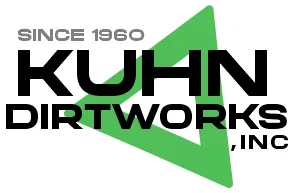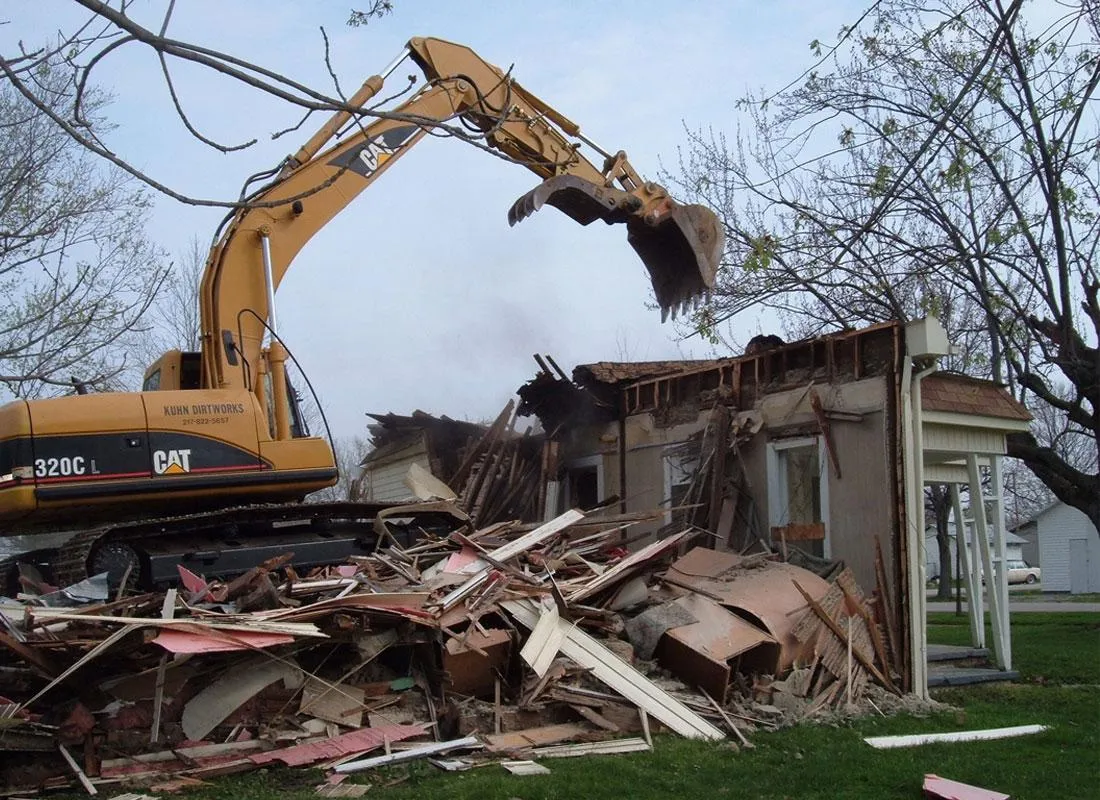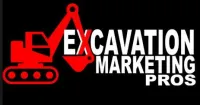
Serving IL & IN: Clark, Vigo, Edgar, Crawford, Sullivan, Clinton, Coles & Greene Counties
Blog

Choosing the Best Demolition Company near Terre Haute in Vigo County: What to Look For
1. Why Picking the Right Demolition CompanyReally Matters
If you're reading this, you’re probably staring at a building or structure and thinking, “It’s time for this thing to go.” Whether it’s a garage falling in on itself, a house you’re prepping to rebuild, or an old shed crowding your land—you know demolition is next.
But here’s where it gets tricky: You don’t just need it gone. You need it gone safely, legally, and without wrecking your budget.
We've talked to homeowners and landowners who were excited to start fresh—only to end up with torn-up yards, surprise permit problems, busted utility lines, or demo crews that disappeared halfway through the job. And you know what all those folks had in common?
They picked the wrong contractor.
2. Who This Is For: Homeowners, Landowners, and Property Investors Near Terre Haute
If you live or own property in Vigo County—or in nearby Clark, Edgar, Coles, Crawford, Sullivan, Clinton, or Greene Counties—this article is for you. We’re talking to the person who doesn’t do this every day. Maybe this is your first time hiring a demolition crew. Maybe you’ve done it before but didn’t love how it went.
Either way, you’re not looking for fancy sales talk. You want straight answers, clear signs of quality, and maybe a few things to watch out for so you don’t get burned.
3. Red Flags: Warning Signs That a Demolition Company Might Not Be Right
Let’s just call it out: Not everyone with a skid steer or sledgehammer is a demolition expert. Watch out for:
“Cash-only” bids with no paperwork
Contractors who rush you into a decision
No license, insurance, or business reviews
Dodging questions about permits or utilities
Quotes that seem way too low
If your gut says something feels off—it probably is. A good Companywon’t pressure you or hide details. They’ll talk through your goals, your timeline, and your concerns before putting a shovel in the ground.
4. What Good Demolition Contractors Actually Do
Demolition is not just tearing something down. It’s planned removal. A quality Companywill:
Check for utilities and mark safe zones
Pull necessary permits
Create a demo plan that includes how debris will be removed
Use equipment that fits your site (not just what they happen to have)
Clean up after themselves—not leave a warzone behind
We always say: Demo is only successful if nobody knows we were even there. (Except for the missing building.)
5. Questions You Should Always Ask a Demolition Contractor
Here’s your quick checklist—print it, save it, screenshot it:
Are you licensed and insured in Illinois and Indiana?
Do you pull the permits, or am I responsible?
What kind of equipment will you use for my site?
How do you handle debris removal?
Will utilities be shut off or marked before work begins?
Do you have any recent jobs I can look at or ask about?
What happens if there’s a delay or unexpected issue?
If a Companycan’t answer these clearly—or gives you the runaround—keep looking.
6. Demolition Cost Near Vigo County: What You Should Expect to Pay
Let’s talk money.
The cost of a demolition job near Terre Haute can vary depending on:
Size of the structure (shed vs. house vs. commercial building)
Material type (wood, brick, concrete)
Access to the site (tight spaces cost more to maneuver in)
Hazards like asbestos (which need certified removal)
How much cleanup is needed
On average:
Garage demo: $3,000–$6,000
Small house: $8,000–$15,000
Interior-only demo: $1,500–$5,000
Beware of quotes that seem too good to be true. If someone’s skipping steps to cut corners, you’ll pay for it later—maybe in fines, maybe in busted plumbing, or maybe in having to rehire someone else to finish the job.
7. License, Insurance, and Permits: The Not-So-Fun But Super-Important Part
We get it—nobody likes paperwork. But if your Companydoesn’t handle permits, or isn’t licensed or insured, guess who’s on the hook when something goes wrong?
You are.
We’ve seen people get fined, or worse—sued—because demo work wasn’t done to code. Make sure the Companyyou hire knows the process in both Illinois and Indiana, especially in places like Vigo County where regulations can shift between townships.
8. Demo Methods: Why It’s Not Always Just About “Tearing It Down”
Not every building needs the same approach. A careful demo job might involve:
Selective demolition (just part of the structure)
Deconstruction (salvaging materials)
Mechanical demolition (with machines)
Hand demo (for tight or sensitive areas)
We often blend methods depending on what’s around the structure—trees, fences, power lines, septic systems, neighbors’ homes. Every site is a puzzle. A skilled Companywon’t just swing a bucket and hope for the best.
9. Reviews, Referrals, and Reputation: What to Look For (and What to Ignore)
Online reviews can be helpful—but also kind of a mess. Here's how we suggest reading them:
Look for specific details: “They showed up on time,” “They cleaned up well,” “They explained every step.”
Ignore vague 5-star ratings that just say “Great job.”
Look for photos and before/after shots.
Don’t be afraid to ask for references from recent clients.
Even better—talk to neighbors, friends, or anyone local who’s had demo work done. People around Vigo, Clark, or Edgar counties love to share their experiences—especially the horror stories. Learn from those.
10. Why Local Experience Matters—Especially in Counties Like Vigo, Clark, and Edgar
We know these counties because we live and work in them. That matters.
We know which townships are picky about permits.
We’ve worked around aging sewer systems, septic tanks, and buried surprises.
We understand the soil conditions, seasonal access issues, and even the quirks of local inspectors.
When you hire someone out of town who doesn’t know the area, you might end up with delays, busted timelines, or budget blowouts. Local really does mean something when it comes to excavation and demolition.
11. How Kuhn Dirtworks, Inc. Approaches Demolition—Without Making This About Us
We’re not going to brag, but we will say this: we care.
We treat every project like it’s on our own land. That means walking the site with you. Asking questions. Listening to your concerns. Being clear on pricing. Making sure the job’s done right and left clean.
Sometimes we’ll even talk you out of a full demolition if a partial job could save you thousands. We’re not just swinging hammers—we’re helping people solve problems. And we kind of love that.
12. Final Thoughts: Picking the Right Demolition Company the First Time
Demolition seems simple on the surface. But if you’ve read this far, you know better now.
The right Companywon’t just knock something down. They’ll do it safely, cleanly, and in a way that sets you up for whatever’s next—whether that’s rebuilding, selling, or just enjoying your property again.
If you’re anywhere near Terre Haute, Vigo County, or the surrounding counties, and you’re trying to make the smart call about demo work—we’d love to talk. Not to sell you something. Just to help you figure out what you really need.
